Phytosterols
What is cholesterol?
Cholesterol is a lipid that plays several roles in our bodies, including hormone production, digestion, cell repair and many others. High cholesterol levels are considered a risk factor for cardiovascular disease. LDL cholesterol (known as “bad” cholesterol) accumulates in the arteries, causing arterial plaques. These plaques are often the cause of heart attacks and other heart problems.
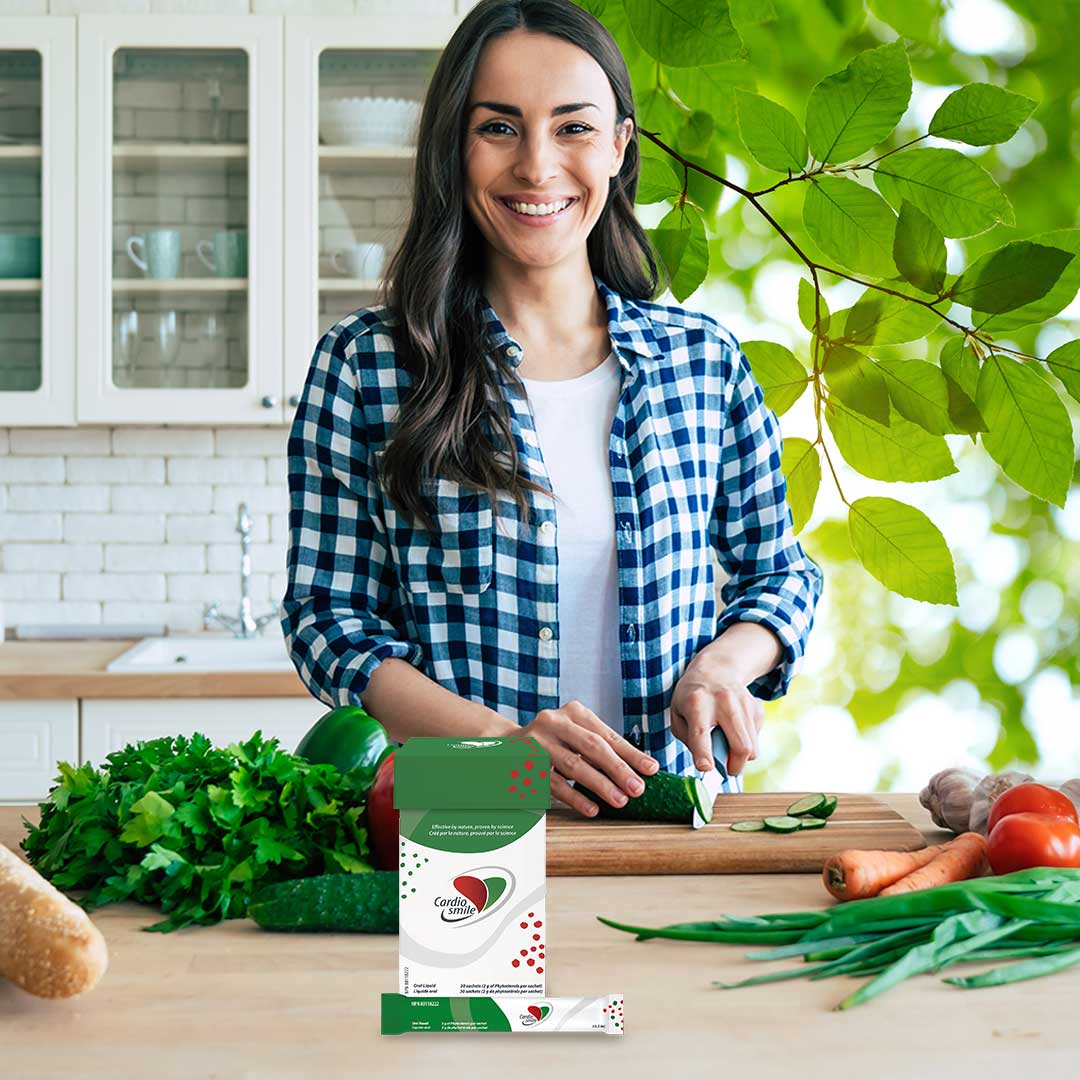

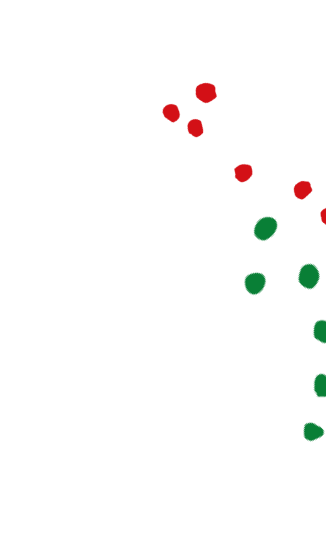
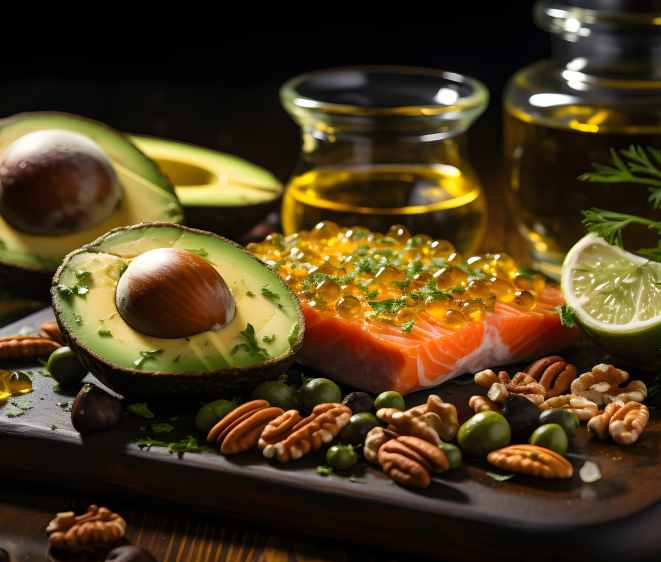
What are phytosterols?
Plant sterols (also known as phytosterols) are found in fruit and vegetables and naturally present in the human diet. Whole-grain cereals, seeds, nuts and certain fatty vegetables such as avocadoes are the richest sources of plant sterols. Phytosterols have been shown to inhibit the absorption of the cholesterol present in the body, regardless of whether it is ingested through food (exogenous cholesterol) or produced by our body (endogenous cholesterol).
Why take a phytosterol supplement?
Phytosterols have many beneficial properties for human health. They are primarily known for their ability to reduce cholesterol levels in the body, including total cholesterol and LDL cholesterol (known as “bad” cholesterol). The Canadian Cardiovascular Society, the American Heart Association, the European Society of Cardiology and the European Atherosclerosis Society all recommend adding 2 grams of phytosterols a day to your diet to optimize your cardiovascular health.
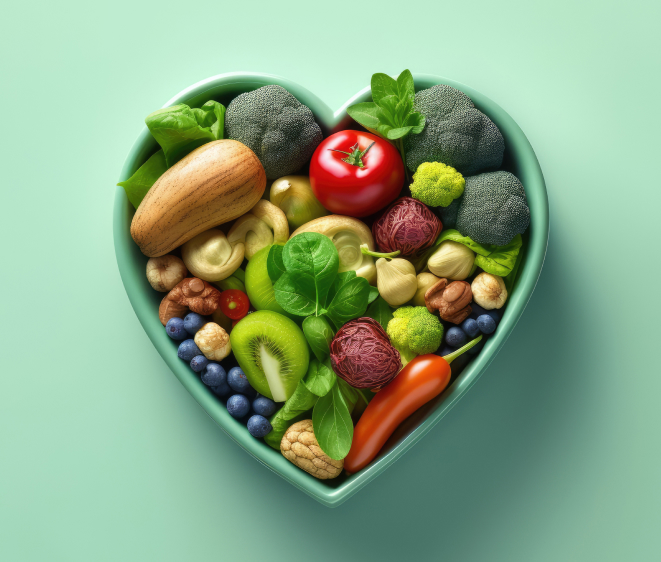

What do 2 grams of phytosterols look like?
Even with a phytosterol-rich diet of fruit, vegetables and whole grains, it is difficult to eat enough to enjoy their therapeutic benefits.
To ingest the equivalent of 2 grams of phytosterols per day (the amount recommended by the Canadian Cardiovascular Society as well as the international guidelines), you need to consume:
- 14.6 cups of almonds or
- 19 avocadoes or
- 45 cups of boiled pink lentils or
- bananas or
- 222 tomatoes.
Plant sterol supplementation is therefore useful since it can be difficult (if not impossible) to reach the desired doses through diet alone.
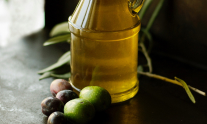
66.6 tablespoons of vegetable oil or olive oil
8 080 kcal
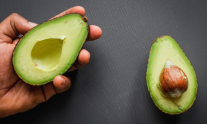
19 avocadoes
4 285 kcal
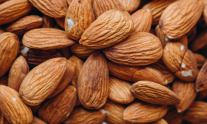
14.6 cups almonds
8 511 kcal
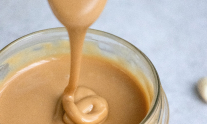
896 tablespoons of almond butter
8 848 kcal

59 oranges
4 035 kcal
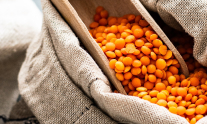
45 cups pink lentils (boiled)
12 246 kcal

91 apples (with peel)
8 603 kcal
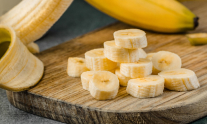
105 bananas
11 055 kcal
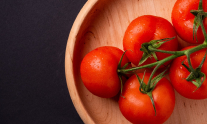
222 tomatoes
4 920 kcal
